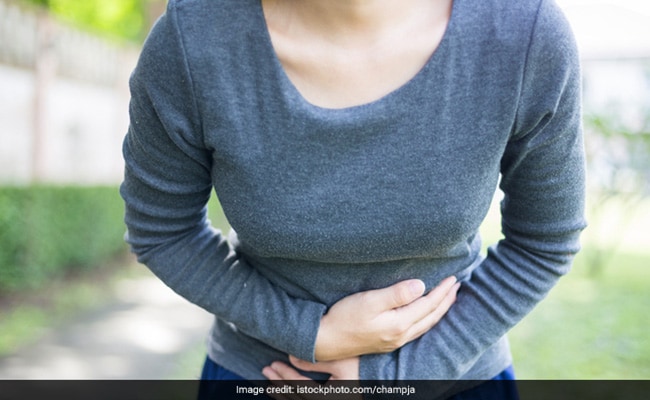In this article, we discuss in detail how intermittent fasting can affect your menstrual cycle.

Extended periods of caloric restriction and fasting can reduce fertility
Intermittent fasting (IF) is a dietary approach that alternates between periods of eating and fasting. While IF can offer health benefits like weight loss and improved metabolic health, it can also affect menstrual cycles, especially in women with sensitive hormonal balances. The stress from reduced calorie intake and extended fasting periods can disrupt the hypothalamus, leading to irregular cycles, delayed ovulation, or even amenorrhea (loss of menstruation). These changes occur because the body may perceive fasting as a stressor, which can alter the hormones that regulate the menstrual cycle. Read on as we discuss in detail how can intermittent fasting affect your menstrual cycle.
Here's how intermittent fasting can influence your menstrual cycle
1. Changes in cycle length
Intermittent fasting can lead to changes in the length of the menstrual cycle. The stress from reduced calorie intake and extended fasting periods can disrupt the hypothalamus, the brain region that regulates hormones involved in the menstrual cycle. This disruption can cause delays in ovulation, resulting in longer or irregular cycles.
If you notice your cycle becoming irregular, consider shortening your fasting window or increasing your calorie intake during eating periods. Focus on nutrient-dense foods that support hormonal balance, such as healthy fats, proteins, and complex carbohydrates.
2. Amenorrhea
In some cases, especially with aggressive fasting schedules or low body fat, women may experience amenorrhea, which is the complete absence of menstruation. This occurs because the body perceives the caloric deficit as a stressor and shifts energy away from reproduction to prioritise survival.
If you experience amenorrhea, it's crucial to reevaluate your fasting approach. Increase your caloric intake, especially from healthy fats and proteins, and reduce the length of fasting periods. Incorporating stress-reducing practices like yoga, meditation, and adequate sleep can also help restore your cycle.
3. Increased PMS symptoms
Intermittent fasting can exacerbate premenstrual syndrome (PMS) symptoms, such as mood swings, bloating, and fatigue. The fasting-induced stress can lead to fluctuations in oestrogen and progesterone levels, which may heighten PMS symptoms.
To mitigate these effects, ensure you're getting enough calories and nutrients during your eating window. Focus on foods rich in magnesium, vitamin B6, and omega-3 fatty acids, which can help balance hormones and reduce PMS symptoms.
4. Changes in ovulation
Fasting can sometimes affect ovulation timing, making it more difficult to predict fertile windows, which is particularly important for women trying to conceive. The hormonal fluctuations caused by fasting can lead to delayed or missed ovulation.
If you're trying to conceive or monitor ovulation closely, consider a less restrictive fasting approach or avoid fasting altogether during the ovulatory phase. Tracking basal body temperature and using ovulation predictor kits can help you better understand your ovulation pattern.
5. Decreased fertility
Extended periods of caloric restriction and fasting can reduce fertility. The body might down-regulate reproductive functions when it senses insufficient energy availability, leading to decreased chances of conception.
If you're planning to conceive, it may be wise to avoid strict fasting protocols. Instead, focus on balanced meals that provide consistent energy and nutrients. If fasting, keep it moderate and ensure that your overall calorie intake supports reproductive health.
Intermittent fasting can have various effects on the menstrual cycle due to its influence on hormonal balance and energy availability. It may be necessary to consult with a healthcare provider to tailor a fasting plan that supports your overall health and menstrual well-being.
Disclaimer: This content including advice provides generic information only. It is in no way a substitute for a qualified medical opinion. Always consult a specialist or your doctor for more information. NDTV does not claim responsibility for this information.
DoctorNDTV is the one stop site for all your health needs providing the most credible health information, health news and tips with expert advice on healthy living, diet plans, informative videos etc. You can get the most relevant and accurate info you need about health problems like diabetes, cancer, pregnancy, HIV and AIDS, weight loss and many other lifestyle diseases. We have a panel of over 350 experts who help us develop content by giving their valuable inputs and bringing to us the latest in the world of healthcare.














